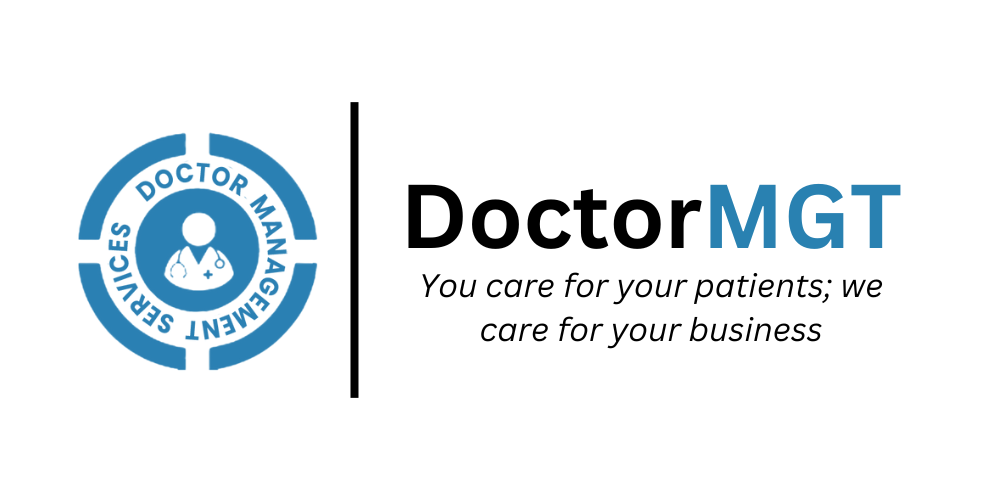If you’re a doctor in the USA, it’s no secret that whatever you’re billing is no free ride. Did you know that institutional and professional billing has a hand in shaping the financial landscape of healthcare practices? In fact, studies have shown that the understanding of this contrast between these two billing approaches can bring in an additional 15% revenue to the medical facility.
In this thorough guide, we’ll dig into the nuances of institutional and professional billing, including why the difference is important and how to handle claims with ease.
What is Institutional Billing?
Institutional billing includes the charges for inpatient and outpatient services rendered by hospitals or other healthcare entities. Hospitals and skilled nursing facilities are the primary users of institutional claims (also referred to as 837-I claims). For financial stability, it is crucial for healthcare facilities to recover their charges for such services from coverage providers.
Types of Institutional Claims Explained
Below are some common types of institutional claims:
Outpatient Claims
Outpatient claims occur when patients seek services similar to lab tests or consultations without staying overnight in a facility, for instance, dentists or optometrists.
Inpatient Claims
Inpatient claims occur when patients are admitted to a hospital and stay for more than one day. It includes every claim from procedures and surgeries to room charges to nursing care.
Skilled Nursing Facility Claims
Long-term care facilities generate skilled nursing facility claims. These are for patients who need extended medical attention, such as rehabilitation services.
The Purpose Behind Institutional Claims
The purpose of these institutional claims is to compensate healthcare facilities for the services they provide. With multiple services and providers, the claims process becomes intricate, highlighting the importance of accurate coding and documentation. That is why physicians rely on professional medical billing and coding services California for their accuracy.
Common Challenges in Institutional Claims
Managing revenue codes, dealing with Medicare denials, and the general institutional claims can be tough. They become more difficult due to software complexities and resource limitations. However, to overcome these challenges, many of the facilities resort to outsourced medical billing services that offer expertise as well as technology, minimizing denials and maximizing revenue.
What is Professional Billing?
Professional billing invoices claim medical services or treatments provided by physicians or healthcare professionals to those with medical insurance. Similarly, professional billing is referred to as physician billing.
Individual healthcare professionals including physicians, nurses, etc. generate professional claims, or 837-P claims. These claims offer coverage for both outpatient and inpatient care and are critical to ensuring that healthcare providers get compensation for their services.
Types of Professional Claims
Physician Claims
These include services rendered by licensed doctors, such as diagnostics and treatment. These claims are subsequently filled out by various specialists in order to get paid for their professional services.
Consultation and Specialist Visit Claims
Beyond treatment, consultations with specialists also fall under professional claims. Whether you’re seeing a neurologist or a dermatologist, these services are billed via professional claims.
Emergency Department Claims
Professional claims document care provided in emergency settings by doctors, nurses, and other staff.
Why Submit Professional Claims?
Professional claims ensure that healthcare providers (nurses to physicians) are paid for their services. Accurate coding is essential, in order for insurance companies or third party payers to be able to process claims efficiently.
Challenges in Professional Billing
Professional billing isn’t without its hurdles. So, claim denials stemming from staff shortages, changes in payer policies, and coding complexities are all real! Healthcare practices can maximize billable time by enhancing documentation and enhancing payer relationships to improve financial growth for their participation.
Key Differences Between Institutional and Professional Claims
Understanding the distinction between institutional and professional claims is crucial:
- Billing Entities: Institutional claims are submitted by hospitals, while professional claims come from individual practitioners.
- Forms Used: Professional billing is billed on the CMS-1500 form, and institutional billing uses the UB-04 form.
- Types of Services: Institutional claims cover inpatient, outpatient, and skilled nursing services. Professional claims encompass physician services, consultations, and emergency department care.
- Coding Systems: HCPCS and DRGs are the basis of institutional billing, whereas professional bills use CPT codes and ICD-10 standards.
- Reimbursement Rates: Institutional billing involves case rates and bundled payments. It is generally done through professional billing, which is a fee-for-service model with CPT codes.
- Impact on Revenue Generation: Institutional billing generally results in higher revenues due to facility-based care, while professional billing yields lower revenues due to outpatient services.
Ensuring Success with Accurate Claims Submission
A successful healthcare practice hinges not only on patient care but also on the effective management of billing claims. Balancing these two critical tasks requires a unique set of skills and expertise.
How Doctor Management Service (DoctorMGT) Can Help
As a provider, you can find it challenging for your medical staff to manage two types of jobs simultaneously, which include providing care and submitting claims. Managing both of these aspects of a healthcare practice requires a completely unique set of skills and expertise and a huge amount of time and effort.
The bottom line is that performing both complicated tasks together will really hinder the overall productivity of your staff and the patient experience.
That’s where DoctorMGT, a leading provider of medical billing and coding services, steps in. Our team of certified professionals is well equipped to handle institutional and professional claims in a way that adheres strictly to the well-established standards. This means faster reimbursements and fewer denials for your practice.
Furthermore, our experts make sure to keep abreast of the current requirements to avoid any complications in coding and claim denials. With our support, your practice can become financially stable and grow.
The End
Precision and compliance are eternally essential in medical billing and coding in California. Use of specific codes, for instance Z98.890 for other postsurgical states and efficient management of billing processes (like charging for other postsurgical states) are necessary in order to maximize reimbursement and minimize compliance risks.
Getting paid correctly for the services you provide ensures that you can continue to deliver high-quality care. Whether expanding your practice or optimizing your current operations, leveraging professional billing services can make all the difference.
For healthcare providers looking to streamline their billing processes, partnering with experts like DoctorMGT can lead to more accurate claim submissions, reduced denials, and enhanced revenue generation. Stay informed, stay prepared, and let DoctorMGT manage your medical billing needs.

